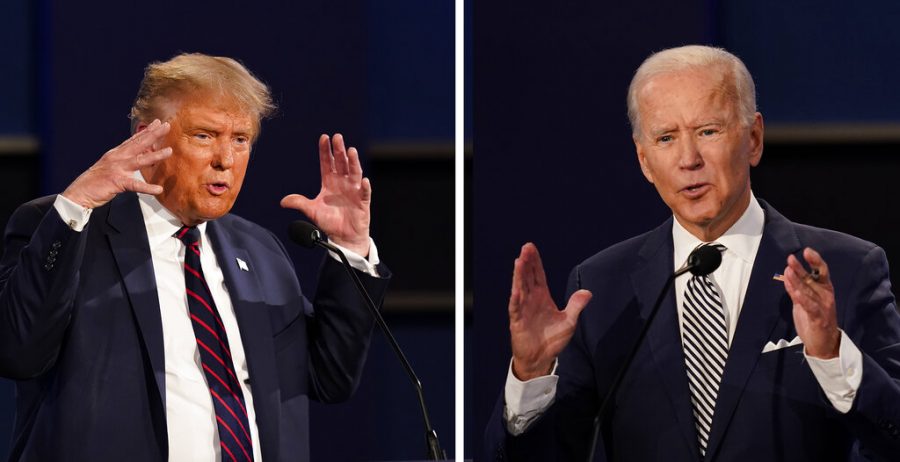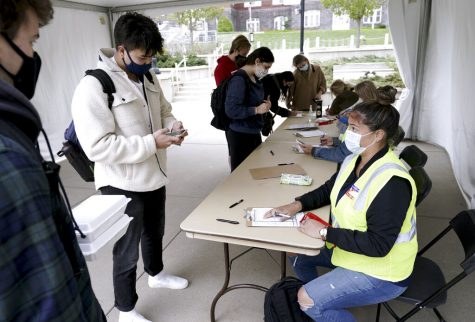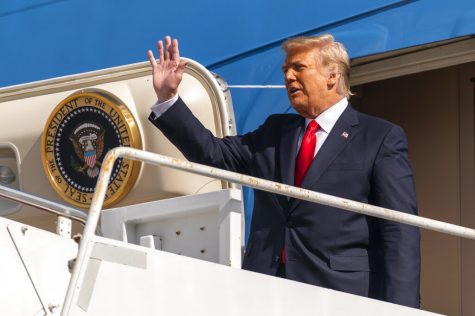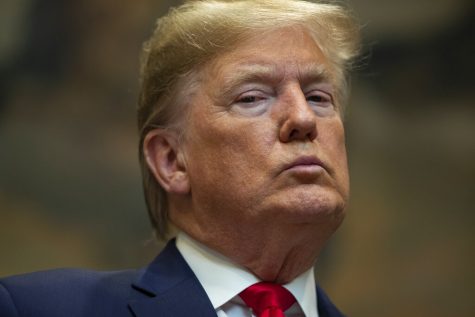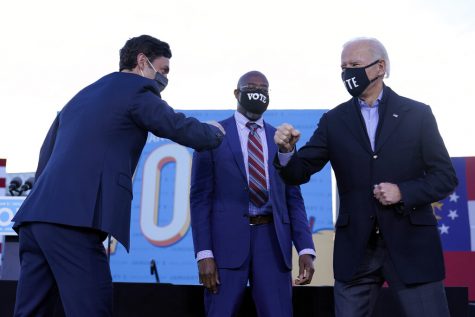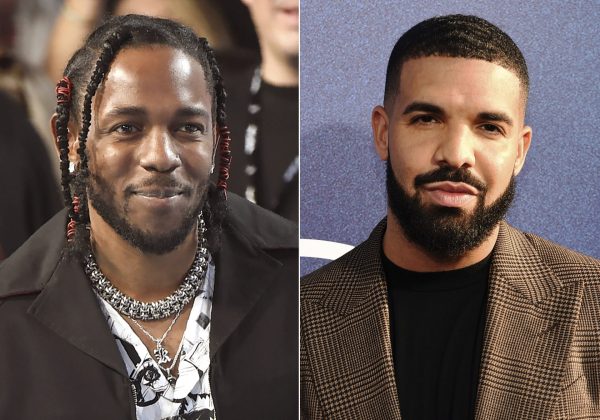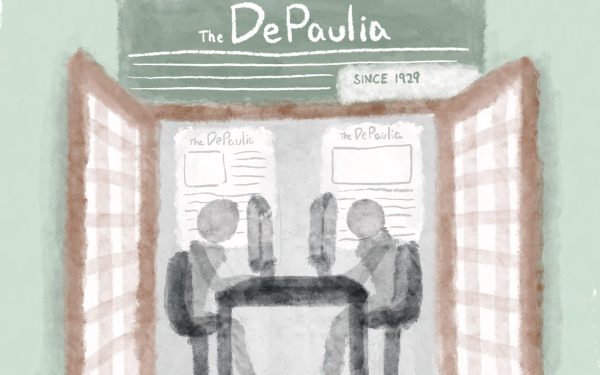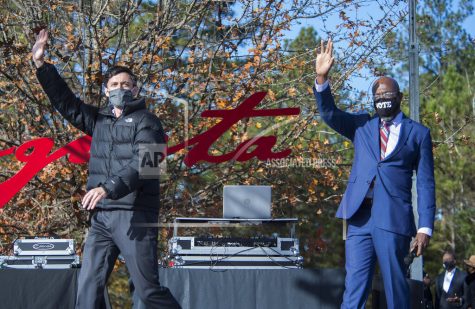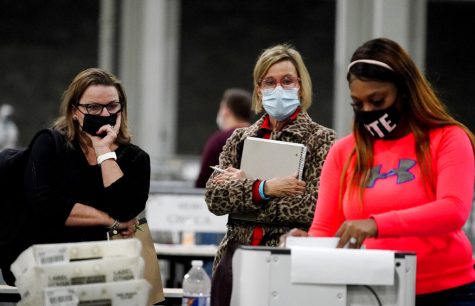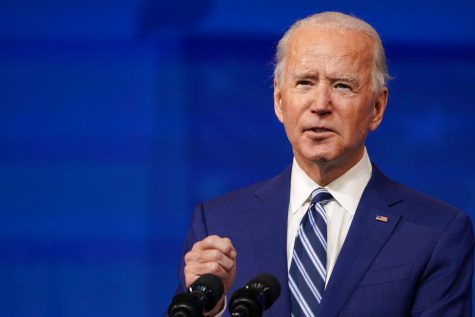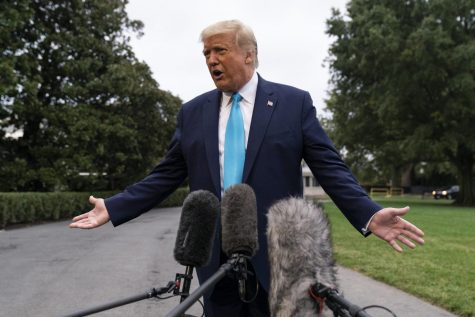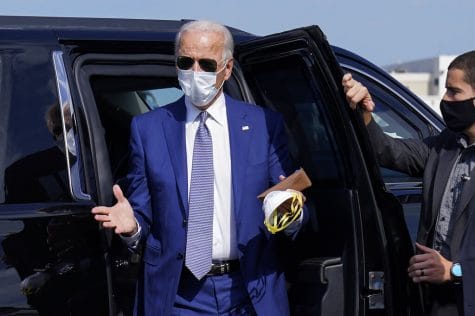Letter to the editor: Civility has been a long term casualty of American politics
In this combination image of two photos showing both President Donald Trump, left, and former Vice President Joe Biden during the first presidential debate Tuesday, Sept. 29, 2020, at Case Western University and Cleveland Clinic, in Cleveland, Ohio. (AP Photo/Patrick Semansky)
Editor’s note: This commentary was partially published last November in the Croatian language by Gabrijela Bijelić, journalist. Dubrovački vjesnik (weekly newspaper) and Slobodna Dalmacija (daily newspaper).
Reaction to the election outcome is, as predicted, unsettlingly polarized. The winners are pleased and relieved. The losers are traumatized and alienated. Very few have accommodated themselves to the outcome. Those reactions are far from the norm in modern American politics. The post-election environment in the U.S. is typically conditioned by a deeply rooted faith in institutions. But the last four years have demonstrated the frailty of that faith and of the institutions around which it congealed for past generations. Just a few examples are the behavior of the Justice Department, the intelligence services, blurring the executive’s financial and political interests and the blatant nepotism.
Some will continue to dwell on personalities, but the meaningful and enduring significance is the imprint on the political culture. The system going forward is gripped by what the Rand Corporation (prestigious think tank) calls “truth decay.” Among the cornerstone institutions that have been eroded and diminished is the established and pluralist media. Collectively this segment of the information environment has been undermined. Mainstream media outlets were buried under an avalanche of baseless indictments, dismissing all reporting as “fake news.” This assault was reinforced by the proliferation of myriad of unmanaged social media. The consequence continues to be something like what we call a “whiteout” — an information “whiteout.” This weather term suggests a massive storm of snow that results in virtual blindness — that is, no ability to see anything. That and the shortsightedness of the major political parties has resulted in platformless campaigns from party conventions through election day. Campaigns invite voters to ignore values, essentially to recast themselves without consideration for ethics, moral precepts, or conceptions of “fair play.” This analysis has used the term “erosion.” It is reasonable to ask “from what?” The benchmark, the traditional mode of post-election American politics and the modal patterns of American politics begin with civility. Acknowledging that there are myriad conceptions of “democracy,” the one that may come closest to what has made the American system work is this sequence: civility, dialogue, compromise. While civility has often suffered in the heat of elections, this past two year-long presidential campaign sacrificed civility from the very beginning. If, as it seems, civility has been the long-term casualty, it disables the system from embracing dialogue and that, in turn, precludes compromise. Over the next presidential term, we will know with certainty if civility can be recreated. The evidence will have to be engineered by both political leaders and the public response to that effort. Skepticism is warranted. Americans have become enamored with aggressive and ambiguously symbolic language like “freedom,” “justice”, “patriotism”, “socialism”, etc. Can political, cultural and academic “influencers” move public perceptions away from a zero-sum lens to a non-zero or positive sum lens? In essence, can Americans refocus their political thinking on compromise? Finally, can the informal norms that have evolved over centuries be embraced by the next generation of political leaders?
Will we see evidence of a genuine awakening to the destructive forces that have put democracy at risk? Can we generate the needed public pressures to transform political dialogue to a more civil norm?
When the dust settles — if the dust settles — neutral and objective analysts will come to the conclusion that the most accurate descriptor for Trump-engineered democracy would be what the Russians call “sovereign democracy”— a political system that is shaped singularly by the day-to-day behavior of the top leader. In a Biden-led presidency, can that leadership explain to the American public how desperately critical it is to change and refine the way the public engage and critique the design of our system and the need to make it more attuned to the 21st Century?
-Dr. Richard P. Farkas, Professor, Political Science, DePaul University


